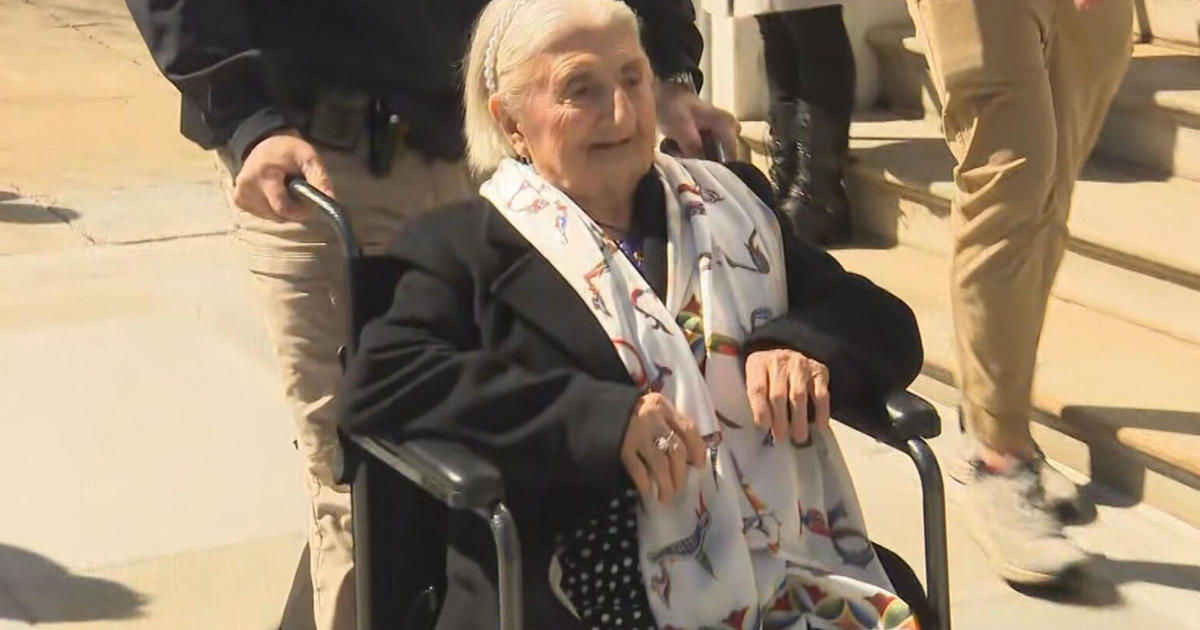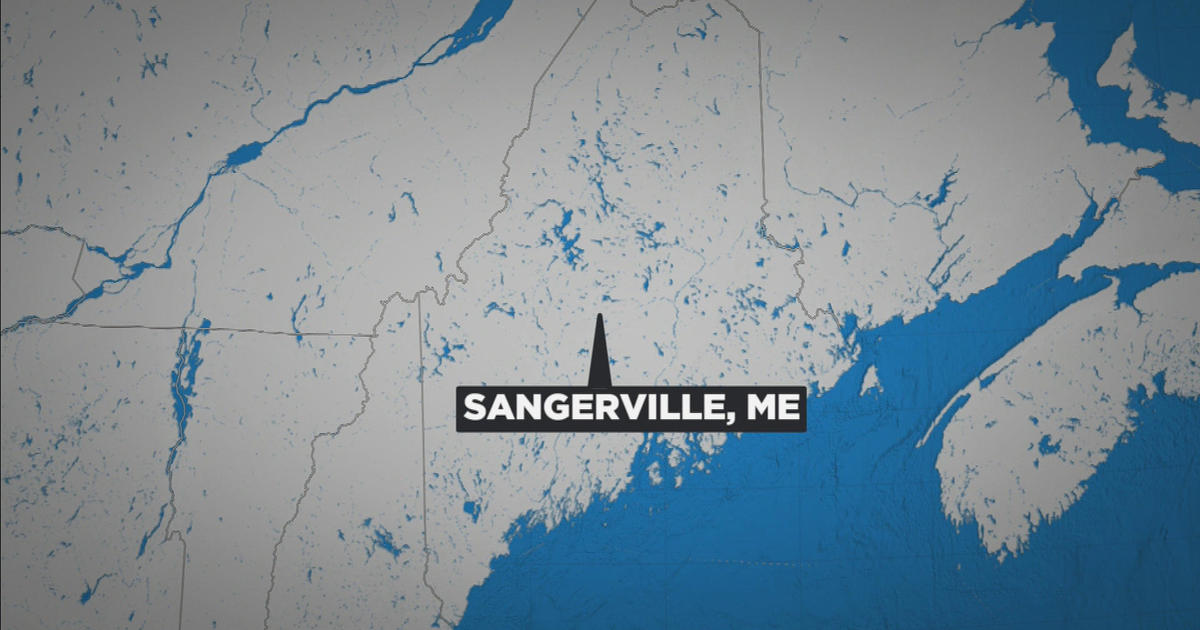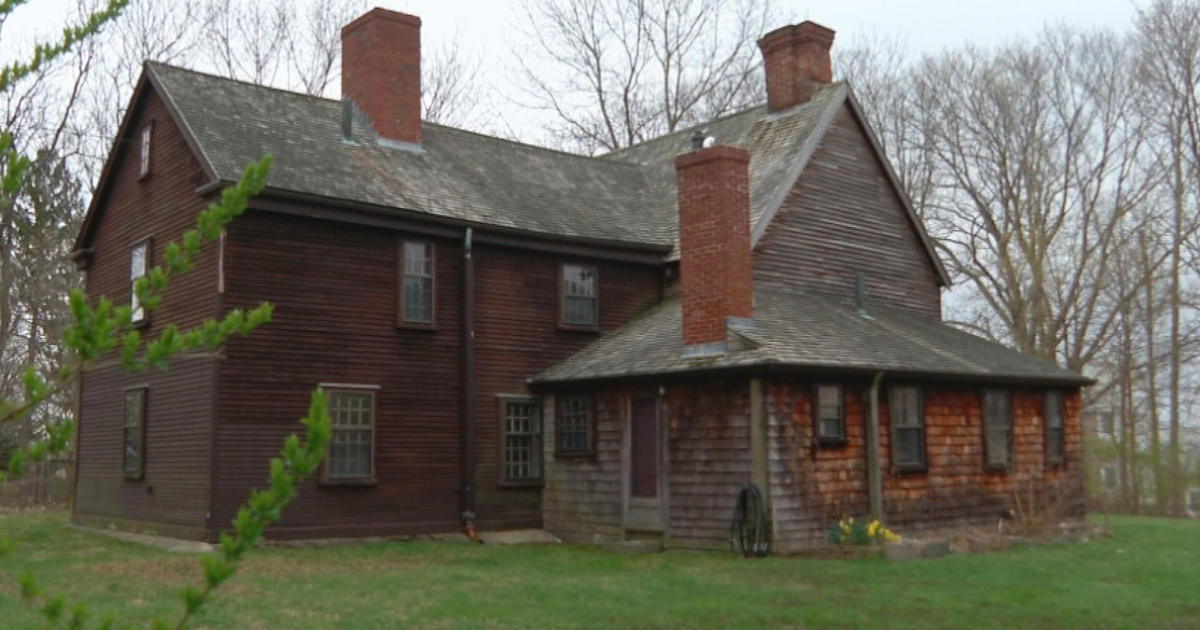Appeals Court Hears Arguments Over Whether To Uphold 351-Year-Old Will
BOSTON (AP) — The Massachusetts Appeals Court should not allow trustee mismanagement to justify efforts to tear up the 351-year-old will that created the nation's oldest charitable trust to raise funds for Ipswich public schools, an attorney for opponents the sale argued in court Friday.
At issue is 35 acres of prime seafront property donated by one of the state's earliest settlers on his death bed. William Payne's dying wish was written eight days before his Oct. 10, 1660, death and says the land should never be sold or wasted.
The will eventually led tenants to build 167 cottages on the land he left for the seaside city of Ipswich. The rent money from the homes, mostly used by summer vacationers, has generated $2.4 million to help fund public schools during the last 25 years.
Some of the seven trustees, however, agreed last year to tear up the will, convert the property into condominiums and sell them to the tenants to settle a 2006 lawsuit filed by the tenants over rent increases. A probate court judge endorsed the deal in December, sparking bitter opposition from hundreds of Ipswich residents and some town officials who argue that the settlement violates the sacred intent of Payne's will and shortchanges the schools.
WBZ NewsRadio 1030's Bernice Corpuz reports
Podcast
Fourteen Ipswich parents on Friday asked Appeals Court Judge Peter Agnes not to allow trustees to sell the land known as Little Neck before residents opposed to the deal argue their case in court.
Their attorney, Catherine Savoie, said the tenants' lawsuit is a result of decades of "gross mismanagement" that saw trustees rent the land to themselves as well as their relatives and friends at rates that were "exceedingly below market value."
The attorney cited an example from 1995 when the property was valued at $13 million, but tenants were charged $65 a month. Cottage owners also said in the lawsuit that trustees had previously assured them that rents were very low and would remain low, Savoie said.
They filed the suit after rents were hiked in 2005.
Mismanagement was so rampant that public schools received funding from the trust for only half the time during the last 30 years, Savoie said.
The deal to sell the property against Payne's stated wishes gives trustees a release from potential legal claims that could be filed for their management of the land, Savoie told the court.
A representative of Attorney General Martha Coakley, whose office enforces laws governing public charities, said in court that parents and school children opposing the settlement should not be allowed to join the case because they are neither trustees nor beneficiaries.
Assistant Attorney General Johanna Soris argued that parents and school children are part of the public represented by her office and allowing them to join the case would unsettle 250 years of law crafted by court decisions upholding the attorney general as the exclusive representative of public interests in charitable trusts, she said.
Canceling conditions imposed by Payne's will is the "perfect solution to this problem" and will allow the schools to receive $800,000 almost immediately and for the next three years, Soris said.
Attorney Stephen Perry, who represents the school committee, said its members decided to back the sale of Little Neck because winning or losing the lawsuit filed by tenants over rent would have exposed the trust to a lot of problems.
He said losing the lawsuit would force the trust to foot some of the hefty legal bill, even though it is essentially out of money. Winning the suit could lead to the eviction of all tenants, which would force the cash-strapped trust to buy their cottages for at least $15 million, Perry argued.
The Appeals Court should reject efforts to freeze the deal to sell Little Neck because delays would cause irreparable harm to the trust by eroding the settlement agreement and make it impossible to quickly repay an unfavorable loan, Perry said.
"Today, what I heard the other lawyer say is that the tenants' lawsuit is the No. 1 reason why we have to deviate from William Payne's intent," Savoie said. "And I say is that the law in Massachusetts is crystal clear: that you don't deviate from somebody's sacred intent that they put in their dying wish on their deathbed and the generous gift of land."
"The law doesn't permit you to deviate because of a situation that was created not only by mismanagement of the trustees and their maladministration, but by their multiple, repeated and well-documented breach of their fiduciary duty," she said. "Any person who has an interest in making a charitable gift of land for a charitable purpose should not have to face the prospect that somebody in the future might mismanage it — that's foreseeable — but a judge might use it as an excuse to cancel the stated intentions of the donor? That, I think, should not be the law."
The judge did not immediately issue a ruling, but promised a quick decision.
Ipswich School Committee member Sean Gresh said after court proceedings that the sale, if approved, would allow the city to convert a land trust into an investment trust that will provide a steady stream of income to public schools.
Gresh, however, did not explain why the school committee failed to press trustees to improve management of the trust.
"I feel that we have we had a very fair hearing and the judge will do exactly as the trial court judge did — recognize that this has been a fair process under the law" and that opponents of the deal have no legal grounds to justify freezing the settlement and join the lawsuit, said Mark DiSalvo, who represent fellow tenants at Little Neck.
___
Rodrique Ngowi can be reached at www.twitter.com/ngowi
Copyright 2012 The Associated Press.



